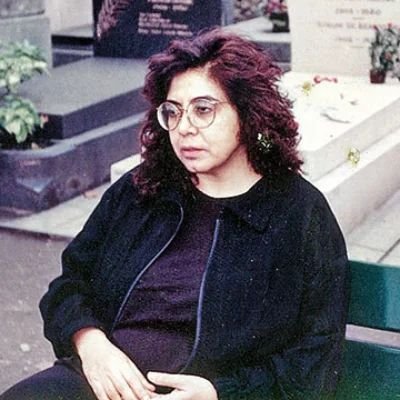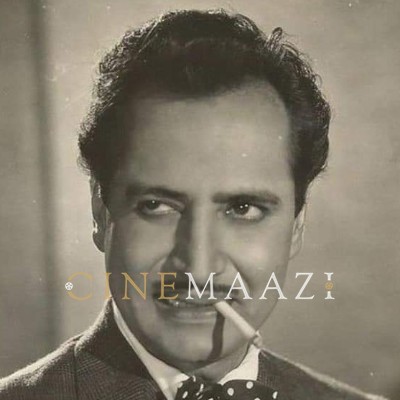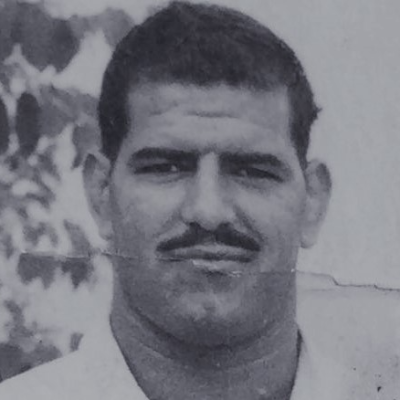Renu Saluja

Subscribe to read full article
This section is for paid subscribers only. Our subscription is only $37/- for one full year.
You get unlimited access to all paid section and features on the website with this subscription.
Not ready for a full subscription?
You can access this article for $2 , and have it saved to your account for one year.
- Born: 05/07/1952 (Delhi)
- Died: 16/ 08/2000 (Bombay)
- Primary Cinema: Hindi
- Spouse: Vidhu Vinod Chopra , Sudhir Mishra
One of the most skilled and intuitive editors Hindi cinema has ever seen, Renu Saluja’s remarkable body of work allowed her to make a mark as a technician in an industry mainly dominated by men. Known for her quirky and loyal personality, she managed to establish long-lasting friendships and associations with a number of well-recognized personalities in the industry over the course of her career.
Renu Saluja was born on 5 July 1952 in Delhi to a Punjabi family. Her sister was the actress Radha Saluja, her foremost inspiration to venture into the world of cinema. After completing her schooling, Renu planned to study film direction at the Film and Television Institute (FTII) in Pune, but when this did not work out, she enrolled in their editing course. While in the institute, she met Vidhu Vinod Chopra, with whom she collaborated frequently later. She was first credited as an assistant director and editor in his diploma film Murder at Monkey Hill (1976). Later, she also edited Sazaaye Maut, an extension of the diploma film. She also collaborated with other FTII alumni’s like Ketan Mehta in Maya Memsaab (1993), Saeed Akhtar Mirza in Albert Pinto Ko Gussa Kyoon Aata Hai (1980) and Kundan Shah in Jaane Bhi Do Yaaro (1983). Kundan Shah himself attributes the success of his cult film Jaane Bhi Do Yaaro to her: the film was never completely shot, but she salvaged what she could of the project on the editing table.
Due to her skill at the craft of editing, a diverse range of filmmakers worked with her, and she never remained confined to a specific genre of films. Renu Saluja worked with Govind Nihalani in Ardh Satya (1983), Sanjay Kapoor in the widely acclaimed Bandit Queen (1994), Dev Benegal in Split Wide Open (1999), Ramesh Sharma in the Shashi Kapoor-Sharmila Tagore starrer New Delhi Times (1986) and Sudhir Mishra in Dharavi (1991). Her meticulous attention to detail and hard work were rewarded with four National Awards for Best Editing, for Parinda (1989), Dharavi, Sardar (1993) and Godmother (1999).
A storyteller at heart, Renu had a talent for enhancing the drama of a scene through the cuts she made while editing. Her conscientious dedication to her work meant that she regularly attended shoots to absorb both the story and the director’s vision of the film in order to piece the film together to best effect. One of the key aspects of her work was her precise tuning of the rhythm of a film to produce the expected reaction from viewers.
Renu Saluja was married to Vidhu Vinod Chopra until they split on amicable terms. They continued to work together after their separation. Later, she married Sudhir Mishra. After a protracted battle with cancer, Renu Saluja passed away on 16 August 2000 in Mumbai.
References
Image courtesy- upperstall.com











.jpg)



